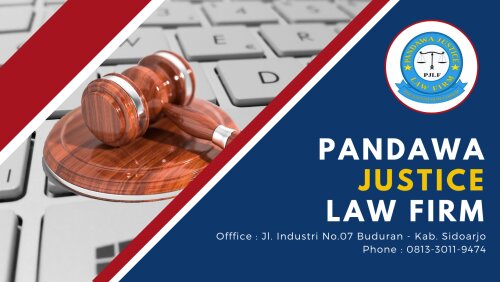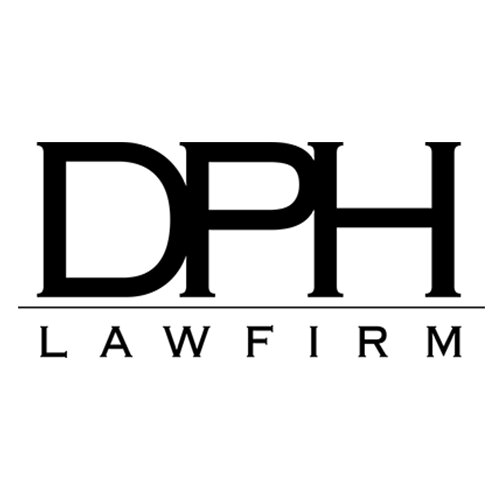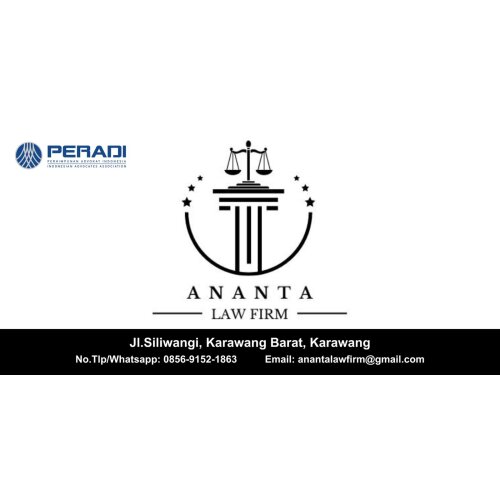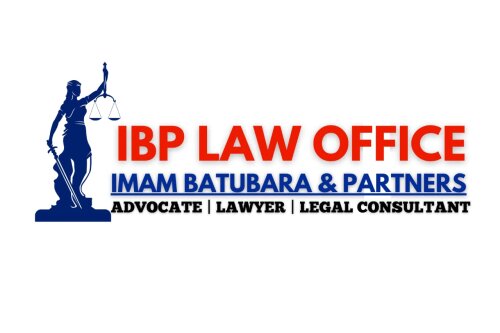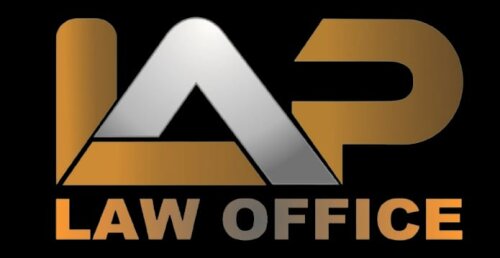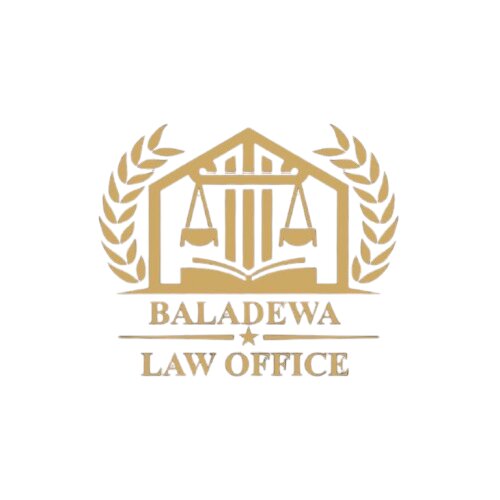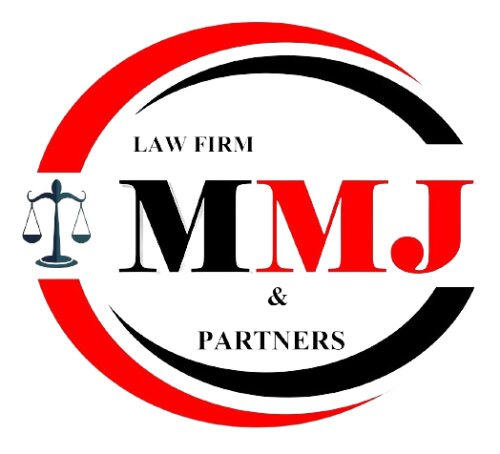Best Drugs & Medical Devices Lawyers in Indonesia
Share your needs with us, get contacted by law firms.
Free. Takes 2 min.
Or refine your search by selecting a city:
List of the best lawyers in Indonesia
About Drugs & Medical Devices Law in Indonesia
The regulation of drugs and medical devices in Indonesia is overseen by various government bodies, primarily the National Agency of Drug and Food Control (BPOM). Indonesia has a comprehensive regulatory system to ensure the safety, efficacy, and quality of pharmaceuticals and medical devices. The laws are designed to protect the public health by regulating the approval, distribution, and marketing of these products. Compliance with international standards is increasingly emphasized, aligning local regulations with global practices.
Why You May Need a Lawyer
Navigating the complex framework of laws and regulations surrounding drugs and medical devices in Indonesia can be challenging. Individuals and companies may require legal assistance in situations such as:
- Approval processes for new pharmaceuticals or medical devices.
- Instances of product liability if harmed by a medication or device.
- Understanding compliance requirements for manufacture, importation, or distribution.
- Resolving disputes related to intellectual property rights.
- Handling government inspections or audits.
- Litigation involving regulatory non-compliance or penalties.
In such scenarios, a lawyer specializing in pharmaceuticals and medical devices can provide critical insight and representation.
Local Laws Overview
The Indonesian legal framework for drugs and medical devices includes several key regulations. The main legislation comprises the Health Law No. 36 of 2009, the Pharmaceutical Services Law, and specific regulations enacted by BPOM. These laws regulate the importation, production, distribution, and marketing of pharmaceuticals and medical devices. Recent laws have focused on enhancing the monitoring of the distribution chain to prevent counterfeit products. Additionally, there are strict labeling and advertising standards to ensure consumer safety and proper use.
Frequently Asked Questions
What authority regulates drugs and medical devices in Indonesia?
The National Agency of Drug and Food Control (BPOM) is the primary regulatory body overseeing drugs and medical devices in Indonesia.
How can a new drug or medical device gain approval in Indonesia?
Approval requires a detailed submission process through BPOM, involving evidence of safety, efficacy, and quality. This often necessitates clinical trials and compliance with international standards.
Are there penalties for non-compliance with drug and medical device regulations?
Yes, penalties include fines, suspension of operation licenses, product recalls, and potential criminal charges, depending on the severity of the non-compliance.
What are the requirements for labeling drugs and medical devices?
Labels must include information about the active ingredients, intended use, dosage, administration route, warnings, and expiration date, and must be in the Indonesian language.
Can foreign companies market drugs and medical devices in Indonesia?
Yes, but they must collaborate with a local partner and obtain the necessary registrations and approvals from BPOM.
How does intellectual property law impact drugs and medical devices?
Intellectual property law primarily affects patent protection, allowing companies to safeguard innovations against unauthorized use or reproduction.
What should I do if I encounter a counterfeit drug or medical device?
You should report the incident to BPOM, which has systems in place for investigating and addressing counterfeit products.
Are traditional medicines regulated in Indonesia?
Yes, traditional medicines are regulated under specific laws that require them to be safe, with established labeling and marketing criteria.
What is the process for recalling a drug or medical device?
Manufacturers must report any quality issues to BPOM and conduct a recall based on guidelines set by the agency, aiming for swift removal from the market.
Has Indonesia adopted any international medical device standards?
Indonesia increasingly aligns its regulations with international standards, acknowledging ISO guidelines, particularly in quality management and safety requirements.
Additional Resources
For those seeking further information, several resources can be useful:
- National Agency of Drug and Food Control (BPOM)
- Indonesian Ministry of Health
- Indonesian Pharmaceutical Association
- Indonesian Medical Devices Producers Association (ASPAKI)
Next Steps
If you need legal assistance regarding drugs and medical devices in Indonesia, consider the following steps:
- Consult with a lawyer who specializes in pharmaceutical and medical device law for tailored advice and guidance.
- Gather all relevant documentation related to your case, such as product registration details and correspondence with regulatory bodies.
- Engage with professional associations for further networking and support.
- Stay informed about the latest regulatory changes by subscribing to industry newsletters or attending seminars.
Taking these steps will help you navigate the complexities of drug and medical device regulations effectively.
Lawzana helps you find the best lawyers and law firms in Indonesia through a curated and pre-screened list of qualified legal professionals. Our platform offers rankings and detailed profiles of attorneys and law firms, allowing you to compare based on practice areas, including Drugs & Medical Devices, experience, and client feedback.
Each profile includes a description of the firm's areas of practice, client reviews, team members and partners, year of establishment, spoken languages, office locations, contact information, social media presence, and any published articles or resources. Most firms on our platform speak English and are experienced in both local and international legal matters.
Get a quote from top-rated law firms in Indonesia — quickly, securely, and without unnecessary hassle.
Disclaimer:
The information provided on this page is for general informational purposes only and does not constitute legal advice. While we strive to ensure the accuracy and relevance of the content, legal information may change over time, and interpretations of the law can vary. You should always consult with a qualified legal professional for advice specific to your situation.
We disclaim all liability for actions taken or not taken based on the content of this page. If you believe any information is incorrect or outdated, please contact us, and we will review and update it where appropriate.
Browse drugs & medical devices law firms by city in Indonesia
Refine your search by selecting a city.



